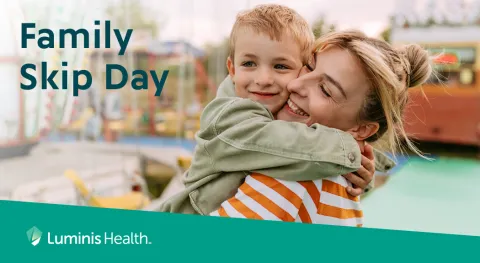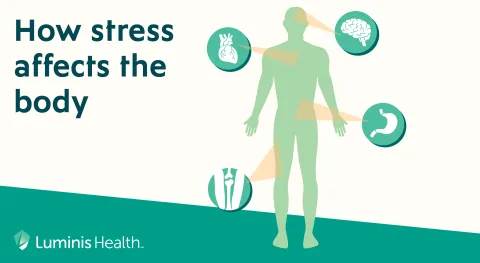
For many of us, the holidays are the most wonderful time of the year. But for others, it can be the most challenging time of the year. The holidays can invoke memories of pain, disappointment or loss. Fortunately, there are coping mechanisms that can help make the holidays more bearable.
Dealing with Loss
The loss of a loved one can feel especially raw during the holidays. It’s healthy to allow yourself to enjoy fond memories if you don’t find the remembrance too emotionally troubling. If that’s the case, give yourself some time to remember, grieve for a brief period of time and then move on to restorative activities—it’s always helpful to keep that to-do list close.
Consider thinking of how to renew or adapt an old tradition in a way that honors your loved one. Remember to try your best to enjoy the holiday as your loved one would have wanted you to. When you need to separate yourself from emotions of sadness and loss, engage in your usual self-care practices like taking a walk, exercising, watching an enjoyable movie, listening to uplifting music or talking with a family member or friend.
Alone for the Holidays
Being uncoupled during the holidays can feel particularly lonely. One of the first things to remember is that you are not alone: plenty of people don’t have partners and they deserve to enjoy the holidays as much as those who are in an intimate relationship.
This is a great time to rediscover yourself and the things that you enjoy. Our feelings of loneliness are sometimes cravings to be in the presence of others—not necessarily with a romantic partner—so allow yourself to accept offers of getting together with family and friends. Being with others whose company you enjoy is a very healthy distraction when dealing with the loss of a relationship.
Navigating Difficult Family Members
You may avoid certain family members throughout the year but feel obligated to spend time with them over the holidays. The holidays are a time to endeavor to set aside our differences and celebrate our connections. Try to guide your conversations with difficult family members to subjects that you both like, such as happy memories of mutually beloved departed family members or the latest antics of the family pet.
If needed, give yourself an escape route. This may mean having closer family members or friends on the lookout to call you out of a bad conversation. Make sure that you can leave the environment safely if needed—try to be the driver or to have the Uber/Lyft app on your phone. Consider disarming your family member by learning something about them that you didn’t already know; people usually like to talk about themselves, so use that to your advantage. And, most importantly, don’t go looking for conflict. Watch the way that you engage—monitor your tone and your reaction—as sometimes the conflict we experience is due to the conflict we create.
Managing Behavioral Health Conditions
The holidays are ripe with emotions, both good and bad. If you have a behavioral health condition, it is likely that you will have more symptoms during this time—more depression, anxiety or substance use. Anticipate that this is a possibility and plan now on how to manage the reemergence or increase of symptoms:
- Consider talking to your therapist/counselor about increasing the frequency of your sessions.
- Think about talking to your prescriber about the appropriateness of increasing your medication dosage for a brief period.
- Plan to participate in more recovery support groups and talk to your sponsor more frequently.
- Monitor your use of recreational or other substances; try to maintain your non-holiday patterns of use and remember that almost every drug supply chain is tainted with fentanyl—this is not a good time to try something new that is substance-related
- Keep naloxone on hand if you or family members or friends use substances.
- Call 988 for support if you find yourself in an emotional or substance-related crisis—someone is available to talk with you 24 hours a day.
Aliya Jones, MD, serves as the inaugural Executive Medical Director of Behavioral Health for Luminis Health.



